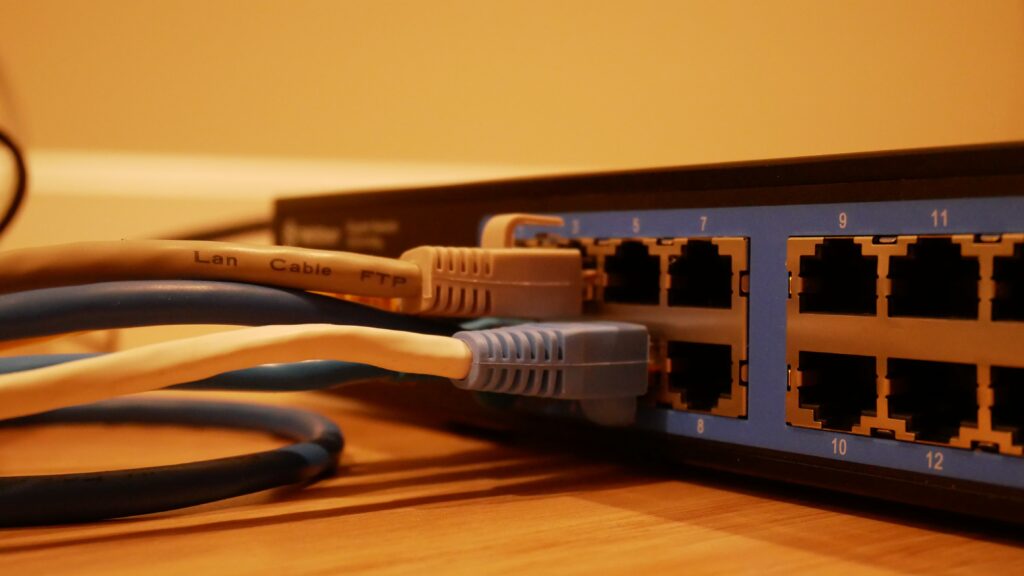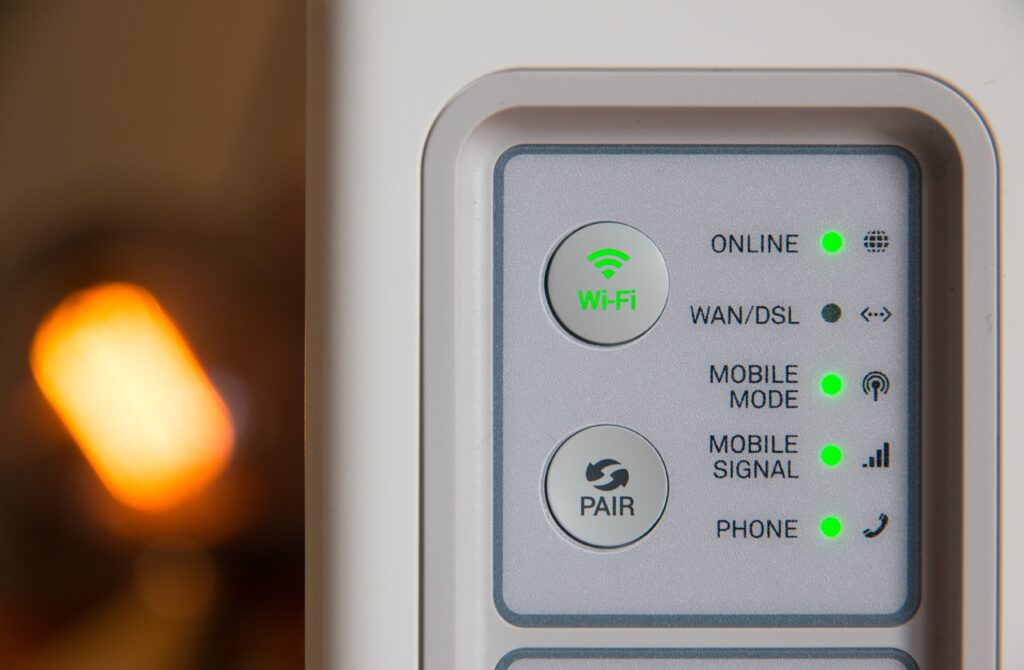Whether you use the internet for work, entertainment, or staying connected with loved ones, finding the right internet service provider (ISP) can make all the difference. With so many options available, it can be overwhelming to choose the right one. This blog post aims to simplify the process by highlighting several key points to consider when selecting an ISP.

Determine Your Requirements
Before diving into the sea of ISPs, take a moment to assess your internet requirements. Consider factors such as the number of users, the type of online activities you engage in, and the devices you use. Are you a casual user who primarily browses the web and streams videos, or do you require a high-speed connection for online gaming or running a home office? Understanding your needs will help narrow down the available options.
When assessing your requirements, think about the number of devices that will be connected to the internet simultaneously. If you have a large family or live in a shared household, you may need a plan with higher bandwidth to support multiple users and prevent slowdowns. Additionally, consider the type of online activities you frequently engage in. Streaming high-definition videos or participating in video conferences may require faster speeds compared to simple web browsing.
Research ISPs in Your Area
Not all ISPs are available in every location. Start by researching the ISPs that operate in your area. Check their websites or call their customer service to confirm availability. Look for offers from internet service providers, their customer reviews, and ratings to gauge their reputation for reliability and customer satisfaction. It’s also worth considering local ISPs, as they often provide personalized service and faster response times.
When researching ISPs, pay attention to the types of technologies they offer. Some ISPs provide internet connections via DSL, cable, fiber-optic, or satellite. Each technology has its advantages and limitations in terms of speed and availability. Consider the coverage and infrastructure of the ISPs in your area to ensure you have access to the type of internet connection that meets your needs.
Speed and Bandwidth
Internet speed plays a crucial role in determining your online experience. Faster speeds allow for smoother video streaming, quicker downloads, and seamless browsing. Assess the speed and bandwidth packages offered by ISPs and compare them against your requirements. Keep in mind that some ISPs may offer different speeds for upload and download, so consider both aspects when making your decision.
To determine the speed you need, consider the activities you frequently engage in online. For basic web browsing and email, lower speeds may suffice. However, if you stream high-definition videos, play online games, or work with large files, you’ll likely require higher speeds. Bandwidth is equally important, especially if you have multiple users or devices connected simultaneously. Look for ISPs that offer plans with sufficient bandwidth to accommodate your usage patterns.
Reliability and Uptime
There’s nothing more frustrating than an unreliable internet connection. Look for ISPs that have a reputation for providing consistent service with minimal downtime. Check if they have a service level agreement (SLA) that guarantees a certain level of uptime. Additionally, read reviews or ask for recommendations from friends and neighbors to get a sense of an ISP’s reliability.
To assess the reliability of an ISP, consider factors such as network infrastructure and maintenance practices. ISPs with robust infrastructure and regular maintenance are more likely to offer reliable connections. Additionally, look for ISPs that have redundancy measures in place to minimize service disruptions. If possible, inquire about their customer support response time during outages or technical difficulties to gauge their commitment to resolving issues promptly.
Customer Support
When technical issues arise, responsive and helpful customer support can be a lifesaver. Research the quality of customer support offered by ISPs. Are they available 24/7? Do they have multiple channels of communication such as phone, email, or live chat? Prompt and efficient customer support can save you valuable time and frustration in case of any problems or inquiries.
Consider the availability and accessibility of customer support when choosing an ISP. Look for ISPs that offer round-the-clock support, as technical issues can occur at any time. Evaluate the different support channels available and choose an ISP that offers convenient options for reaching out, such as phone support, live chat, or an online ticketing system. Reading reviews or testimonials from existing customers can provide insights into the responsiveness and effectiveness of an ISP’s customer support.
Pricing and Contracts
Consider your budget when choosing an ISP. Compare the pricing plans offered by different ISPs and ensure that they align with your budgetary constraints. Take note of any promotional offers, introductory rates, or bundle deals that might be available. Additionally, carefully read and understand the terms and conditions of any contracts or agreements before committing to a long-term commitment.
When evaluating pricing, be mindful of any hidden fees or additional costs beyond the monthly plan. Some ISPs may charge installation fees, equipment rental fees, or early termination fees. Take these factors into account to make an accurate cost comparison between ISPs. Additionally, consider the duration of the contract or agreement. If you prefer flexibility, look for ISPs that offer month-to-month plans or shorter-term contracts.
Additional Services and Features
Some ISPs offer additional services and features that can enhance your internet experience. For example, some provide free security software or parental control options to protect your devices and monitor internet usage. Others may offer Wi-Fi router rentals or installation assistance. Evaluate these extras and determine if they add value to your chosen ISP.
Consider the specific features or services that are important to you. If you prioritize online security, look for ISPs that offer robust security measures such as antivirus software or firewalls. If you have children, parental control options can help you manage and monitor their internet usage. Additionally, assess the quality of the Wi-Fi equipment provided by ISPs. If you have a large home or multiple devices, consider ISPs that offer reliable and high-performance routers or Wi-Fi extenders.

Finding the right ISP can significantly impact your online activities, productivity, and overall satisfaction. By considering factors such as your requirements, researching available ISPs, assessing speed and reliability, evaluating customer support, reviewing pricing and contracts, and considering additional services and features, you can make an informed decision. Remember, it’s crucial to find an ISP that not only meets your needs but also offers fast, reliable, and responsive service to ensure an enjoyable internet experience.
